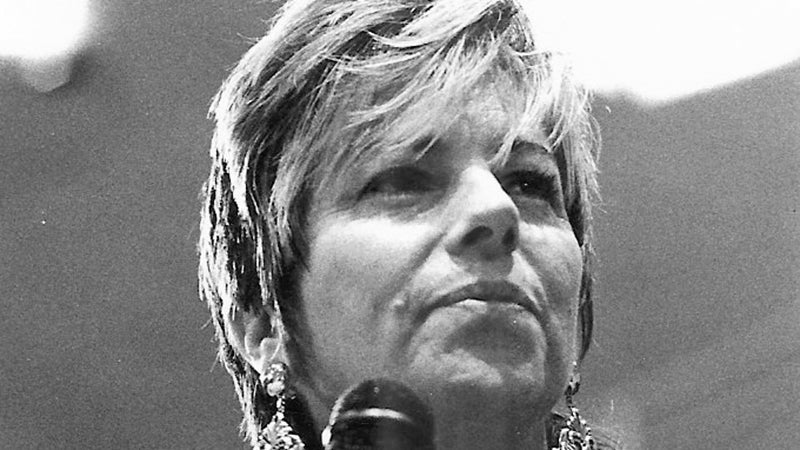Ken Stickney: Warding off social decline, close to home
Published 12:00 pm Wednesday, August 1, 2018
Social decline does not rest in the big stuff that so many people lament — Hollywood or social media.
Social decline rests in the everyday actions of my apartment neighbor, who parks his pick-up truck in a no-parking zone, blocking the curb cut for wheelchairs. He does it casually, sometimes blocking a portion of the curb cut, sometimes all of it. He just doesn’t care.
Social decline does not rest in the big stuff that so many people lament — abortion or Donald Trump’s tweets.
Social decline rests in the kids who play on the Nederland football field at night, shouting profanities as young girls and elderly couples and families walk the track in the dark. They don’t look for who is nearby, for who might be offended, they do it without thought or concern. They just don’t care.
Social decline does not rest in the big stuff that so many people lament —marriage decline or racial conflict.
Social decline rests in litter that lines Port Arthur’s streets, the old tires dumped by the roadsides, the ramshackle housing that the city is trying to control. They are the results of countless individual actions, most of them results of a lack of consideration for other people. They are acts of people who don’t care about the impacts of what they do or how they affect the people around them.
Weeks back, I reread tenets of the “broken windows” theory, popular in the 1980s. At its heart is this idea: Social disorder invites more social disorder. A broken window that remains unfixed breeds additional disorder and vandalism and maybe much worse.
Is it happenstance that some residents in my complex now compete for the availability of that forbidden parking space? That silver pick-up truck is sometimes replaced by other vehicles, as some residents now see the forbidden space as fair game.
Or that at the Nederland track, I sometimes see empty water bottles cast on the ground mere feet from trash barrels? Or that Port Arthur work crews have picked up thousands of dumped tires this summer in an effort to keep the city clean? Disorder breeds disorder. Inconsideration breeds the same.
When I moved to the Gulf Coast states more than 40 years ago, most people had easy manners. They smiled and said hello as they passed one another. They held doors for one another. It seemed to extend across every demographic. You didn’t need to be wealthy to be polite.
Back then, drivers allowed one another into traffic and the recipient of such small mercies responded with a wave of acknowledgement. How often do people acknowledge small acts of kindness now?
Years ago, when my son and I took a college visit to Texas A&M, I was impressed that a sense of neighborliness seemed ingrained in the students, who walked on the sidewalks, not across the grass; who acknowledged others (not always with “Howdy,” but at least with a smile); who kept their campus pristine. Some of that reflected tradition but repetition of good manners seemed to breed good manners and consideration for the world at large. In my mind, A&M seemed a special place.
For most individuals, there is little they can do to address the world’s larger ills or societal breakdowns. But their individual actions can improve the world around them.
We can respect curb cuts for wheelchairs. We can drop our trash in receptacles. We can think of ourselves as small — but valuable — cogs in a better, more respectful world. We can do that today, Donald Trump’s tweets notwithstanding.
Ken Stickney is editor of The Port Arthur News.





